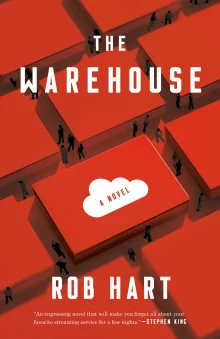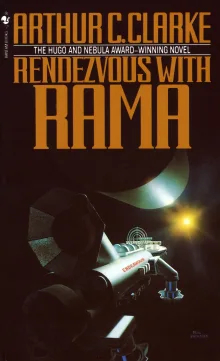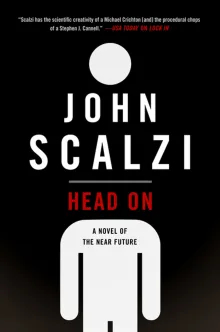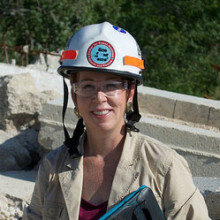
Robohub.org
The best sci-fi books that describe how robots really work

I have loved science fiction ever since I was a kid and read all my Dad’s ancient issues of Analog Science Fiction and Fact from the 1940s. The first book I can remember reading was The Green Hills of Earth anthology by Robert Heinlein. Fast forward to the 1990s, when, as a new professor of computer science, I began adding sci-fi short stories and movies as extra credit for my AI and robotics courses. Later as a Faculty Fellow for Innovation in High-Impact Learning Experiences at Texas A&M, I created the Robotics Through Science Fiction book series as a companion to my textbook, Introduction to AI Robotics.
The books I picked & why

|
Little Eyes A Firby-like robot pet becomes an international fad, where a “keeper” buys a little wheeled robot and is randomly paired with a “dweller” who teleoperates the robot. The robot has only a camera and microphone, but no audio output, and the identity of the keeper and dweller are hidden. The game is that the keeper is entertained trying to figure out why the robot does what it does, while the dweller is entertained by exploring a new place. What could go wrong? Lots. Lots! Little Eyes absolutely terrified me, much more than any Stephen King novel because there is nothing supernatural, it could really happen. |

|
The Warehouse This is my favorite introduction to the state of automation and autonomy in manufacturing. In a near future, a Sam Walton type has made a fortune through drone delivery and warehouse automation. The warehouse automation is based on a well-intentioned, but shallow, interpretation of the outdated Fitts Law in human factors that divide different jobs between robots and humans. Except humans can’t match robot speed and endurance. The tension is whether a corporate spy who has infiltrated a warehouse to steal secrets is there to expose the inherent cruelty or, worse, to replicate the work practices at a competitor’s facility. |

|
Rendezvous with Rama This 1973 hard sci-fi classic is perhaps the best fictional introduction to behavioral robotics there is, appearing a decade before researchers, most notably Rod Brooks, created the behavioral paradigm. An alien spaceship is passing through our solar system on a slingshot orbit. It is autonomous but controlled strictly by simple biological affordances that enable it to respond to the human intruders without applying any of the HAL 9000 reasoning Clarke popularized in his more famous 2001: A Space Odyssey. I mentally throw this book at engineers when they try to make unnecessarily complex robots. |

|
Kill Decision When Kill Decision came out, I sent an email to all my Department of Defense colleagues saying: finally, a book that gets swarms, drones, computer vision, and lethal autonomous weapons right! The book shows behavioral robotics can duplicate insect intelligence to create simple, but relentlessly effective, drones. The inexpensive individual drones are limited in intelligence but a greater, more adaptive intelligence emerges from the swarm. It’s on par with a Michael Crichton technothriller with lots of action (plus romance), making it an easy read. |

|
Head On: A Novel of the Near Future The second in his entertaining detective series in a near future where 2% of the population is paralyzed and has to teleoperate robots in order to interact with the world (interestingly, it was written before the pandemic). The protagonist, Chris (we never are told their gender, making for a delightful guessing game), is an FBI agent investigating a murder and along the way faces the kind of casual discrimination that the disabled undoubtedly face every day. Chris maintains a wry sense of humor through it all, adding an Elmore Leonard or Donald E. Westlake vibe that makes me laugh out loud. |
Original article published in Shepherd. Shepherd also has bookshelves about robots and robotics.





